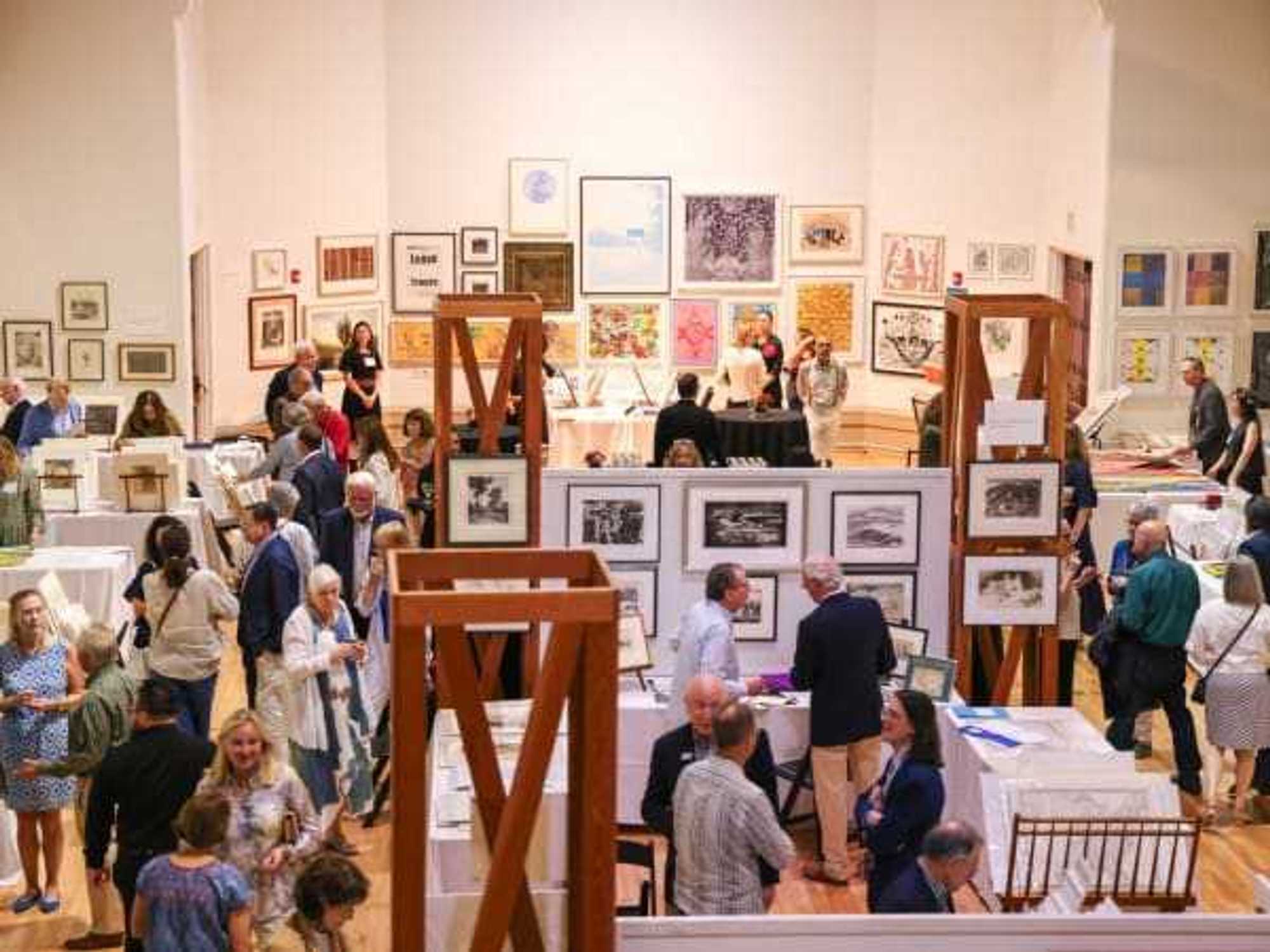Music and voices
Austin composer turns real Latino immigrant stories into songs

Javier Jara gathered stories that reflect both the tragedy and triumphs of Latin American immigrant stories.
If immigrant stories had a soundtrack, one Austin composer knows what it'd sound like. Javier Jara's orchestral concert directly inspired by the stories, heritage, and unique contributions of Latino immigrants in the United States is playing in Austin for just one night this September.
“Our Rhythms, Our Voices" weaves together 12 original, Spanish-language songs inspired by the stories of Latin American immigrants from many different countries. The 18-piece Austin Unconducted Orchestra will perform them in a grant-supported concert at the Long Center on September 8.
Jara, who emigrated from Ecuador to Austin 21 years ago and earned a master’s degree from UT in Music and Human Learning, started this musical project around the 2016 presidential election, which brought a wave of anti-immigrant sentiments.
“There were a lot of negative stereotypes being said about the Latin American immigrants by some candidates running for president,” Jara says. “And it was all bad about Latin Americans in the media.”
Jara was a teacher at the time and was legally living in the United States, so the issue didn't weigh on him in exactly the same way as many other immigrants.
“I didn't have the anxiety that I saw in many of my students, wondering if they're going to get separated from their parents or going to be deported themselves," he says. "It was very, very, hurtful for me to see that. So we started thinking, how can we articulate through music and deliver a positive message about the Latin American population that lives in the central Austin area?”
Researcher Jane O’Brien, Jara’s project partner, interviewed 11 immigrants from Mexico, Argentina, Guatemala, El Salvador, and other Latin American countries to capture their unique stories and experiences.
“One of them came with a studying visa and became a very successful chef and restaurant owner,” Jara says. “Another person crossed the border on foot and almost died on the path. Some of the people from Bolivia worked in the mines. So everybody has a different experience and reasons for coming and contributing in their own way to the economical and cultural advancement of the United States.”
Lyricist Yahir Durán, a friend of Jara’s from Guadalajara, Mexico, transformed these stories into poems; Then Jara set each poem to music. The tunes are similar to corridos, a traditional Mexican song style in which stories are sung or spoken to music. They also pay homage to the musical styles of each country and culture, such as a song incorporating Bossa nova to tell the story of an Afro-Brazilian man.
The concert’s 12th song, “Rio Bravo,” was written in honor of immigrants who could not tell their own stories: a father and a daughter who drowned trying to cross the Rio Grande, known south of the border as the Rio Bravo.
“We wrote the song based on this human tragedy,” Jara says. “This is one of the ones that taught us the most because we could never interview them. We just knew about the tragic ending, and we wrote a song about it.”
Other stories (verbatim from a press release) include :
- An Otavaleña Indigenous woman who works in IT
- A former priest who fought for workers’ rights alongside Oscar Romero in El Salvador
- A Dual Language Educator from Mexico
- A Quechua repairman whose family worked in the tin mines in Potosí, Bolivia
- A Guatemalan woman, who lived for the past five years under the sanctuary of a church
Jara’s musical work and purpose comes back to representing Latino immigrants in the full, human light he knows them in, countering high-profile media stereotypes. He says his next project will reflect how imperialism has affected other places in the world, like the Global South.
“My calling has always been, as Nina Simone says, to reflect the times,” Jara says.
Tickets ($35-75) are available at thelongcenter.org. The show starts at 3 pm.
